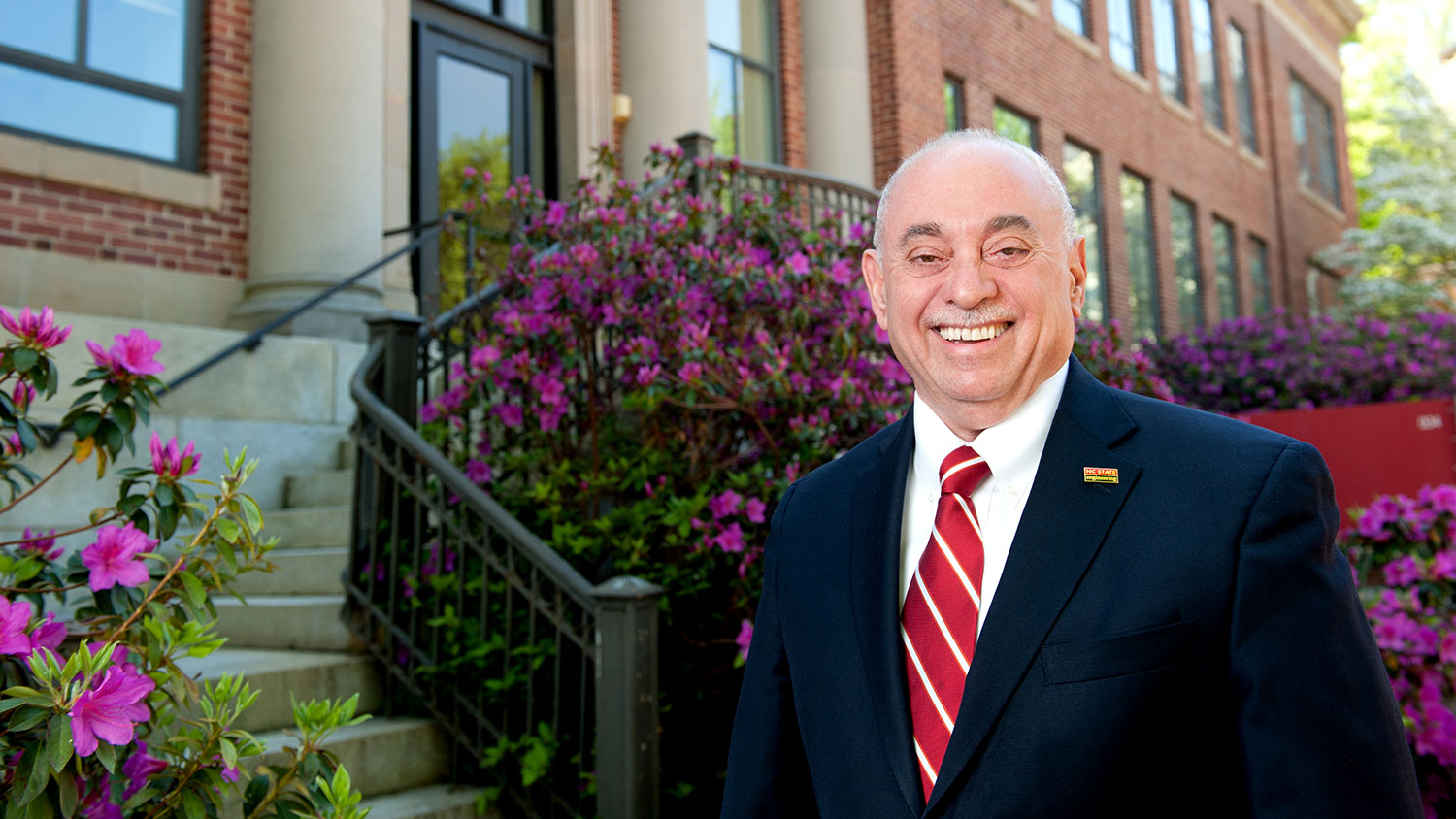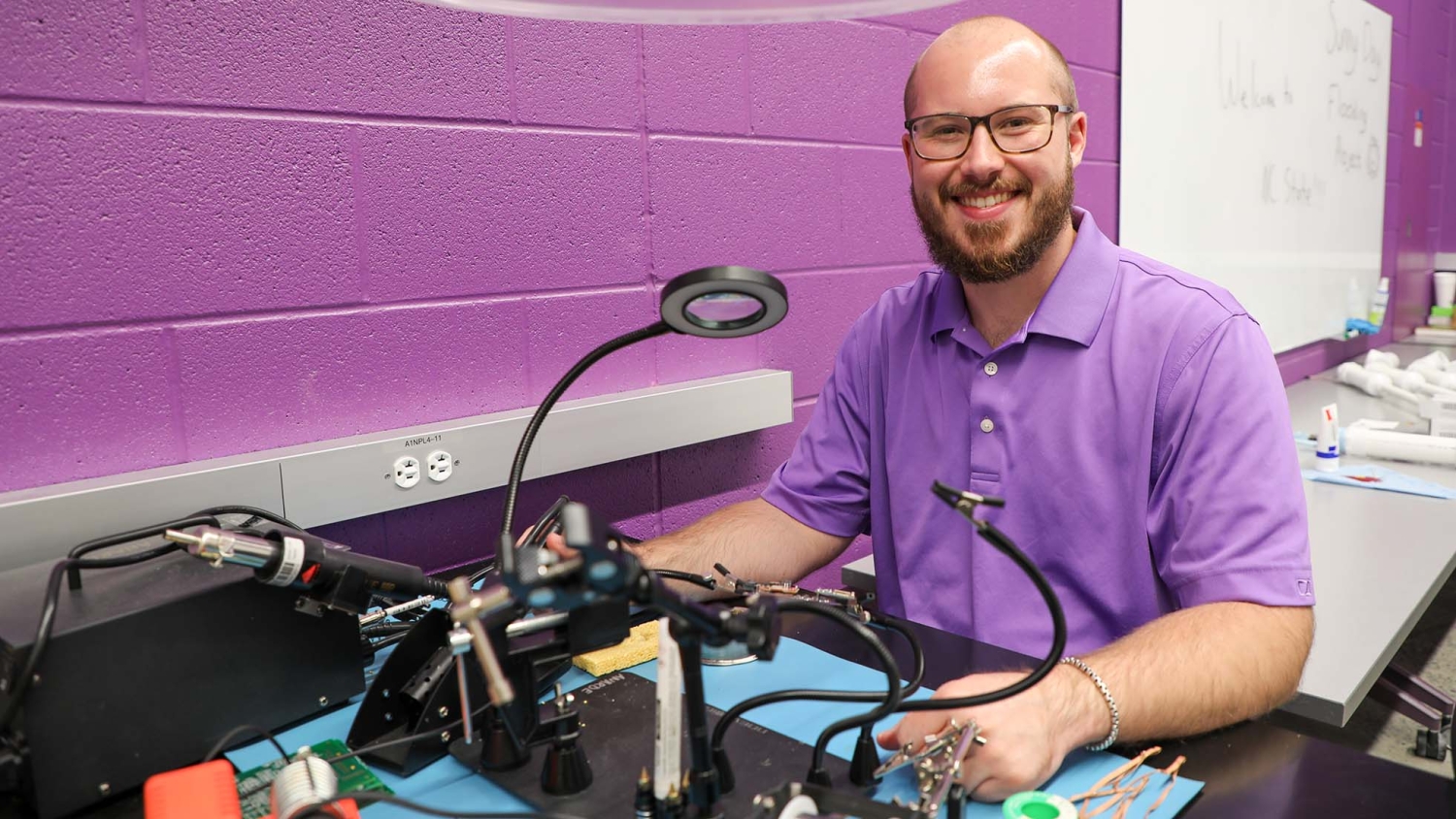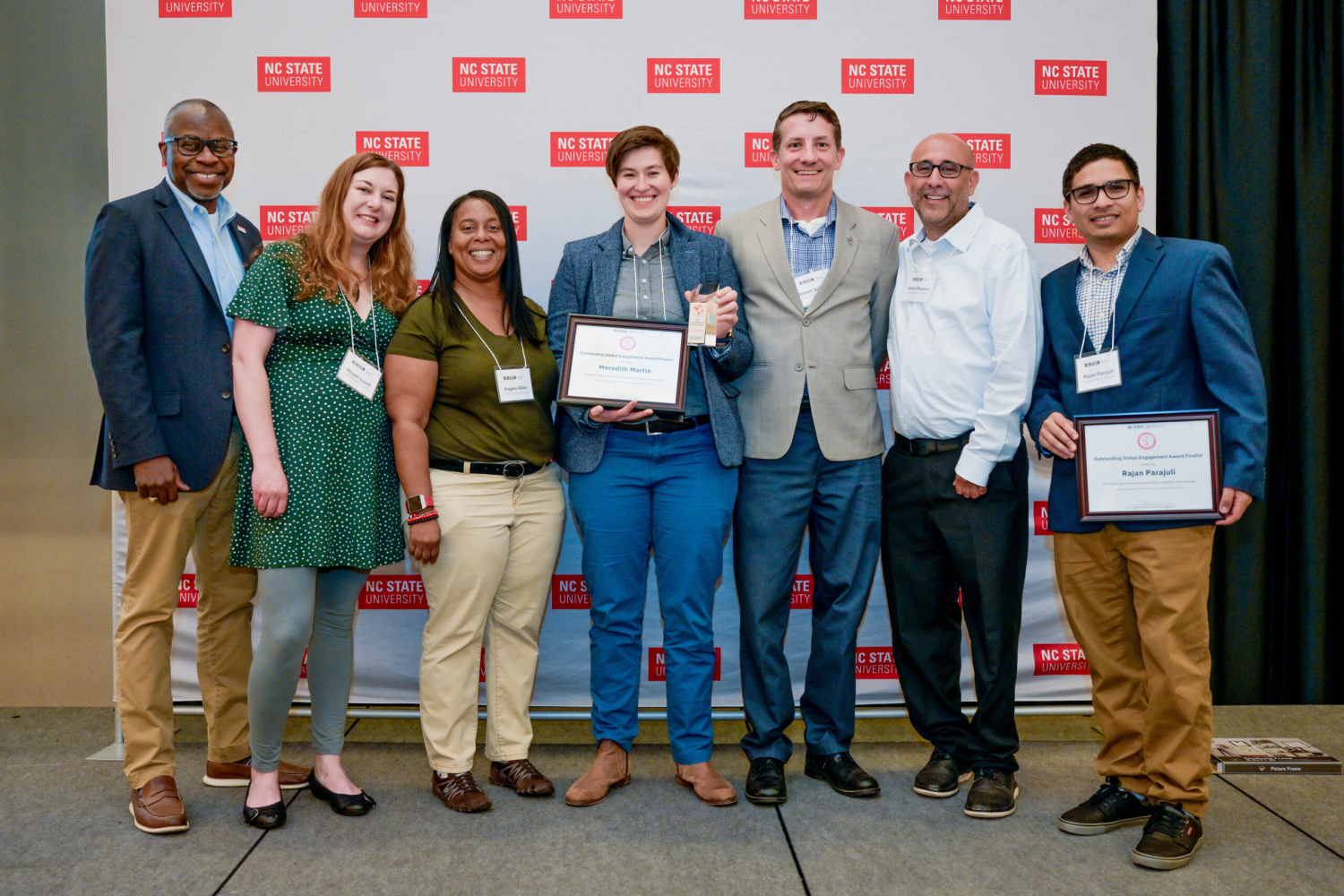A personal statement from Dean Martin-Vega for the College of Engineering community

It has now been two weeks since the inhumane and unjust killing of George Floyd in Minneapolis. What this event, and prior events that took the lives of Breonna Taylor and Ahmaud Arbery and more, have underscored is that despite the significant challenges created by the COVID-19 situation and its impact on our economy, the deepest and most profound challenge faced by our country is that of racial injustice and especially the enormous toll that it has taken, and continues to take, on the hopes, aspirations, lives and welfare of our African-American colleagues and friends.
I was very proud to see the statements by our Chancellor in his messages, Grief, Anger and Needed Change and Diversity and Inclusion: Recognizing our Shortcomings, Working to Improve, where he expressed the feelings of deep sorrow, frustration and understandable anger that he and I and many in our community have felt as a result of these incidents. Acknowledging that a person’s race is still too often used to determine how they will be treated in almost every aspect of American life, these statements unequivocally express that as a higher education community dedicated to thought and action that improves the world around us, NC State and its leadership stand against and condemn white supremacy, racial injustice, and all forms of racism, discrimination and violence.
In addition to these statements from our University, I have also shared with our College’s Executive Committee a message that was sent out by Dr. Gary May, the Chancellor of UC Davis, to his university community on George Floyd. A prominent electrical engineering scholar and African-American male Chancellor May speaks in a very personal way to the impact that systemic racism has had and continues to have on his life, notwithstanding his professional accomplishments and the position that he holds today. As he states, “George Floyd could have been any African-American man, including me. Beyond the constant barrage of fear of the negative consequences of birding while black, shopping while black, cooking out while black, exercising while black—it is just exhausting. And I’m tired.”
As a Hispanic American I have also experienced moments when the bias and discrimination associated with one’s name, use of another language or simply being Hispanic, has affected my personal feelings and professional growth. While my experiences are different than the ever-present fear and pain that can be part of being black in America, I know they have always provided me with the additional motivation to do all I can to help those impacted by racial bias with all the support and understanding that they deserve for the pursuit of their professional and personal aspirations.
As much as all of us may sympathize with the fear, anguish, anger and grief that being black in America still embodies, the most important commitment and effort that we all need to make and sustain is to work as hard as we can to better understand…to truly empathize…with the plight of our black and other underrepresented minority faculty, staff, students, colleagues and friends, who are unjustly viewed, disadvantaged and marginalized for no other reason than the color of their skin. To paraphrase a recent comment by Duke’s men’s basketball coach Mike Krzyzewski, “No matter how much we may love and cherish our current black faculty, staff, students and their families, we cannot feel the depths of what they are feeling if we have never experienced what it is to be a black person in America.”
With this in mind, I urge every person in our College of Engineering…faculty, staff and students alike…to make it our highest priority to work as hard as we can to better understand the unfair realities and bias that are part of the daily life and experiences of our black and underrepresented minority brothers and sisters.
Understanding that actions speak much louder than words, I have also asked all our Department and Unit Heads to commit themselves in even greater and more purposeful ways to the sustained recruitment and retention of a much more diverse faculty and staff. If we really want a more “diverse and inclusive” college, this is how we make it happen, and if we really want to create greater understanding and greater empathy for all in our College…then this is how we can make it happen. I am also now even more firmly convinced that we will never be the College of Engineering that we can and should aspire to be unless we can make this happen.
I have also strongly encouraged our College leadership to not just communicate more…..but to listen more to their underrepresented and particularly African American faculty and staff…to let those most affected by the tragedy of George Floyd’s death and the countless tragedies that have part of our country’s history for over 400 years share their perspectives with their colleagues in their departments and units…so we may “all” learn from these events and what it means to be black or brown in the USA today…an experience that still involves significant fear, pain, anger and anguish.
While our country has made progress in providing greater opportunities for African Americans and other underrepresented minorities, it is abundantly clear that we have not made nearly as much progress as many of us would like to believe. My hope is, however, that the events of this time will compel and commit us and our country to such needed change. My hope is driven by seeing that even two weeks after the killing of George Floyd we continue to view significant numbers of our population…black, brown and white…coming together to express their frustrations and concerns in predominately peaceful ways. What is particularly inspiring about these marches is that they are not just occurring in our larger metropolitan areas but also in smaller and predominately white rural towns in North Carolina and other states. What I also hope is that this particular incident may have been the “tipping point” that has allowed a significant critical mass in our country, regardless of color, to see that the injustice and systemic racism that is imbedded in the fabric of our country needs to be cleansed once and for all. That this is indeed the moment in time for all of us to look into our hearts and souls and simply say—enough is enough—understanding that we will never be the College, University or Country that we should aspire to be until we have all truly become “one” with equal opportunity for all.
Louis A. Martin-Vega, Ph.D.
Dean of Engineering
- Categories:


